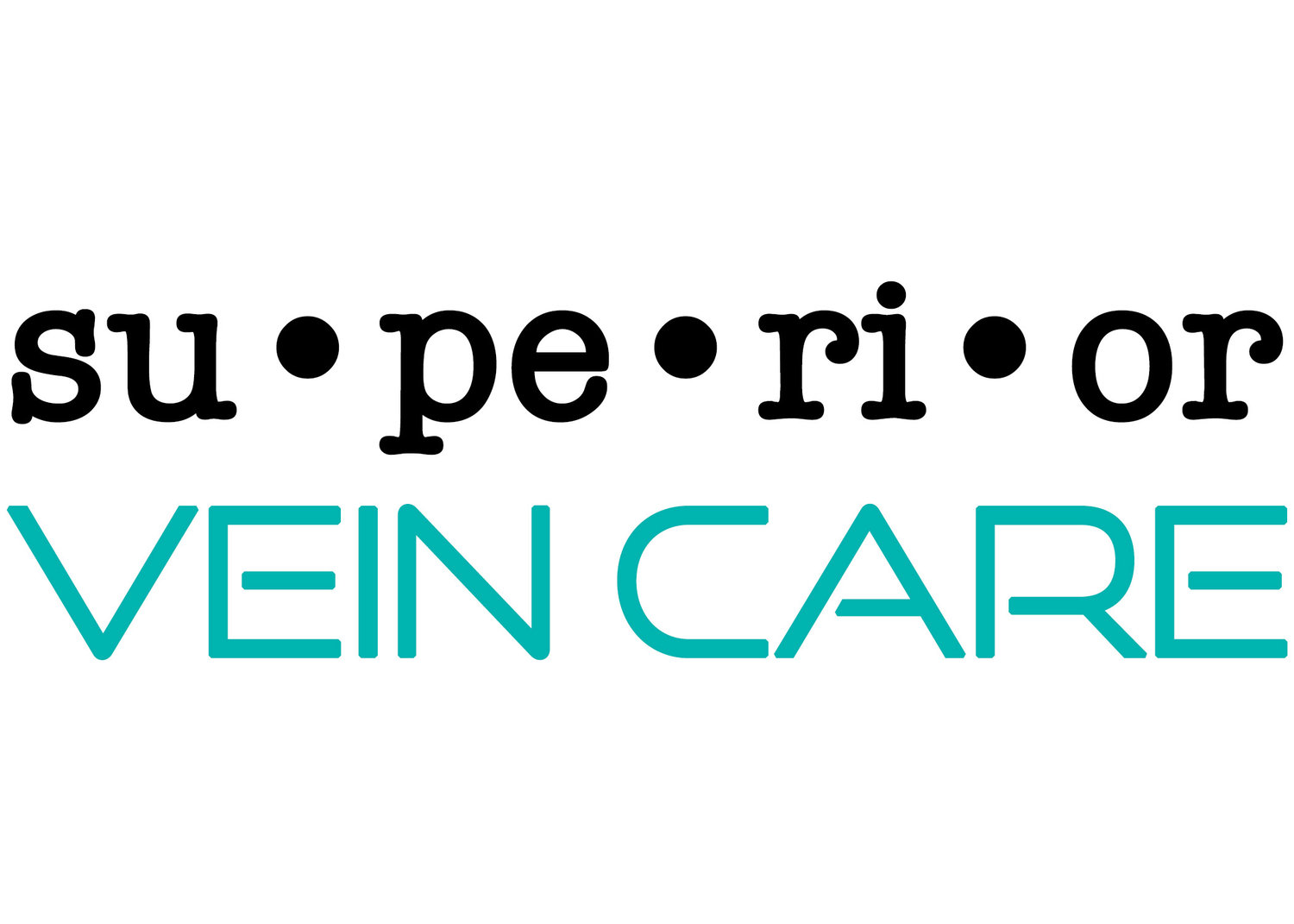frequently asked vein clinic ?’s
Q: why is Superior Vein Care different?
Expertise in vein and lymphatic medicine is best identified by experience and by Diplomacy with the American Board of Venous and Lymphatic Medicine. Understanding, evaluation and treatment of vein disease has evolved dramatically in the last 20 years, and Dr Macumber has been there for all of it. As a Family Practice physician, he saw early in his career the dramatic impact vein disease had on his patients, and the lack of understanding in the medical community for how to manage it. As an experienced educator and medical leader, Dr. Macumber brings decades of experience to provide individualized, holistic, and state of the art care to our patients. Superior Vein Care has also been granted national accreditation by the Intersocietal Accreditation Commission (IAC) for both Vascular Testing and as a Vein Center. So at Superior Vein Care, you can rest assure that you are seeing the most appropriate physician, with vast training and experience, to evaluate and manage your varicose veinsQ: what are varicose veins?
Q: what are varicose veins?
Varicose veins are abnormally enlarged superficial veins usually seen in the thigh and leg. These veins often are branches of the superficial set of veins (great and small saphenous veins), which have leaking valves. As many as 30 million adults in the USA are affected by significant superficial venous insufficiency and may have an easily treatable problem.
Q: what are typical varicose vein symptoms?
The increased pressure may cause bulging varicose veins, aching, pain, tiredness, fatigue, heaviness, itching, burning, throbbing, leg swelling, cramps or achiness of the calves, restless legs, discoloration and thickening of the skin of the lower leg, and in rare cases bleeding or ulceration (open wound). These symptoms are typically worse at the end of the day, but get better with rest or by elevating legs. If left untreated, varicose veins always worsen over time, they never get better.
Q: what causes varicose veins?
Several factors contribute to varicose veins. The far most important and unalterable factor is genetics. Other contributing factors include pregnancy, obesity, hormone therapy, prolonged standing or sitting professions, previous blood clots and other poorly understood factors. In most cases, nothing can be done to prevent the development of the condition.
Q: I’ve had varicose veins and discolored skin for many years, why fix it now?
Prior to the introduction of minimally invasive, ambulatory, office based techniques, it made sense to be conservative when considering invasive hospital based surgical treatment of varicose veins and venous insufficiency. Although compression stockings offer some symptomatic relief from venous insufficiency, their use in no way constitutes a definitive treatment. The underlying problem persists after removal of the stocking and the process will progress in even the most compliant of patients. In this era of preventative medical care, it makes logical sense to investigate symptomatic venous problems, institute a conservative trial of therapy, and when appropriate, offer definitive treatment in an effort to eliminate the often debilitating symptoms of varicose veins
Q: will varicose veins go away over time?
No, varicose veins will get progressively worse without proper treatment methods.
Q: I have been told not treat my varicose veins until they bother me, is this good advice?
The presence of varicose veins is not a reason to intervene by itself. As I often tell some patients, “It is hard to beat asymptomatic” when it comes to anything in medicine, including varicose veins. It is up to the individual patient to decide if their varicose veins are bothersome enough to undergo evaluation and possible treatment. If you truly have no symptoms associated with your varicose veins, then most insurers consider it cosmetic, even if they are unsightly.
Q: what are the risks associated with vein treatment?
The risks associated with these office-based procedures are minimal. However, no procedure or treatment is completely risk free. After your procedure you may experience mild bruising, discomfort, and swelling. The risk of infection and blood clots is low. If you have a history of blood clots or a history of skin infection (i.e. staph infection) it is important to discuss this information with Dr. Macumber. After the procedure you may have increased swelling related to administration of the local numbing fluid. If you experienced numbness, burning, or tingling post-procedure, these symptoms may take longer to gradually improve. The risk of these post-op complaints increases if Dr. Macumber works in your shin or ankle area where there is very little fat to separate the nerves from the veins.
Q: does insurance cover vein procedures?
In instances where a patient is experiencing common symptoms such as aching, pain, heaviness, itching, burning, swelling or throbbing related to bulging varicose veins, or more severe problems such as skin changes, bleeding or ulceration, insurance companies will usually cover treatment. Generally, a three month conservative trial of therapy, including elevation, anti- inflammatory medications and compression stocking therapy, will be required to satisfy Medicare and most commercial insurance carriers’ inclusion criteria. Injection sclerotherapy is generally not covered by insurance unless there has been a history of recurrent hemorrhage or pain directly related to the varicosities in question.
Q: what will happen if I leave them alone?
Without treatment, varicose veins worsen with time. In rare cases, venous insufficiency can progress to changes in the skin of the lower leg from chronic pressure or more serious entities such as bleeding or ulceration (open wound).
The Plan

